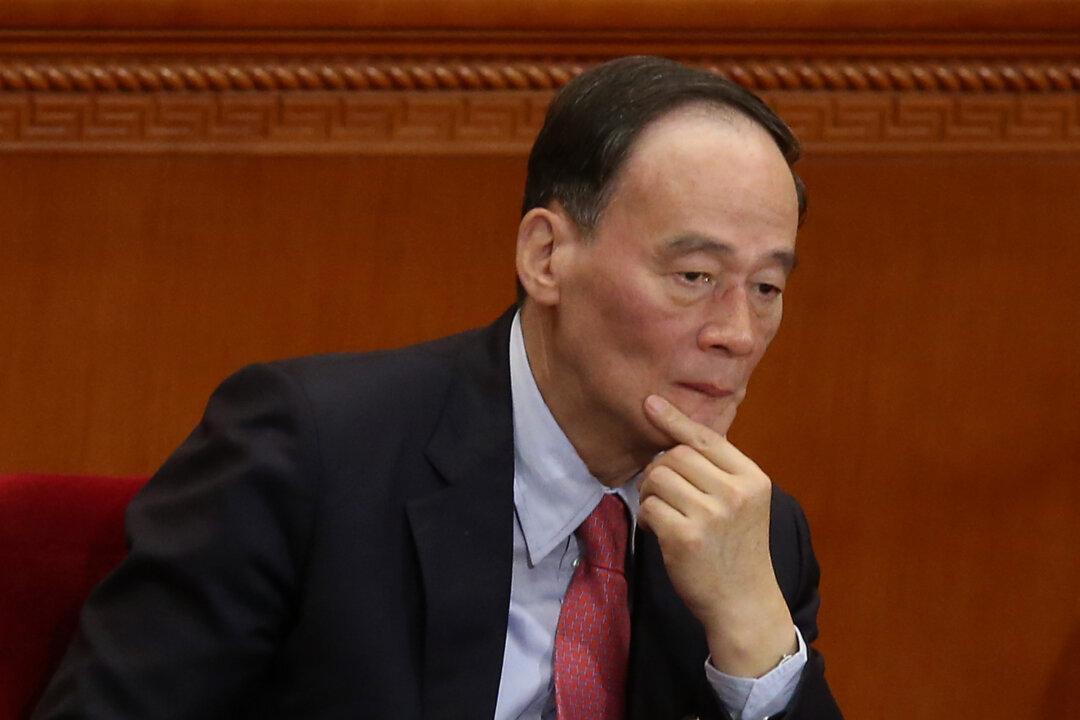The new year has seen a redoubling of the efforts by the Chinese Communist Party leadership to oust the faction headed by former regime leader Jiang Zemin. The Party’s anti-corruption watchdog announced on Jan. 6 that it will now scrutinize the entire governing apparatus of the Chinese regime.
A total of 47 inspection teams will be tasked to watch over all 139 Party and state departments for any wrongdoing, according to an announcement on the Chinese Communist Party’s disciplinary agency’s website. “Sending inspection teams to all departments is crucial to eliminating any blind spots in supervision within the Party,” said Yang Xiaodu, the deputy head of the Central Commission for Discipline Inspection (CCDI).
The disciplinary inquest of the Party’s governing bodies began last January. The CCDI dispatched inspection teams to four key departments in the Party’s Central Committee—the General Office, Organization Department, Propaganda Department, and United Front Work Department. The Central Committee is an important leadership body in the Chinese regime.





